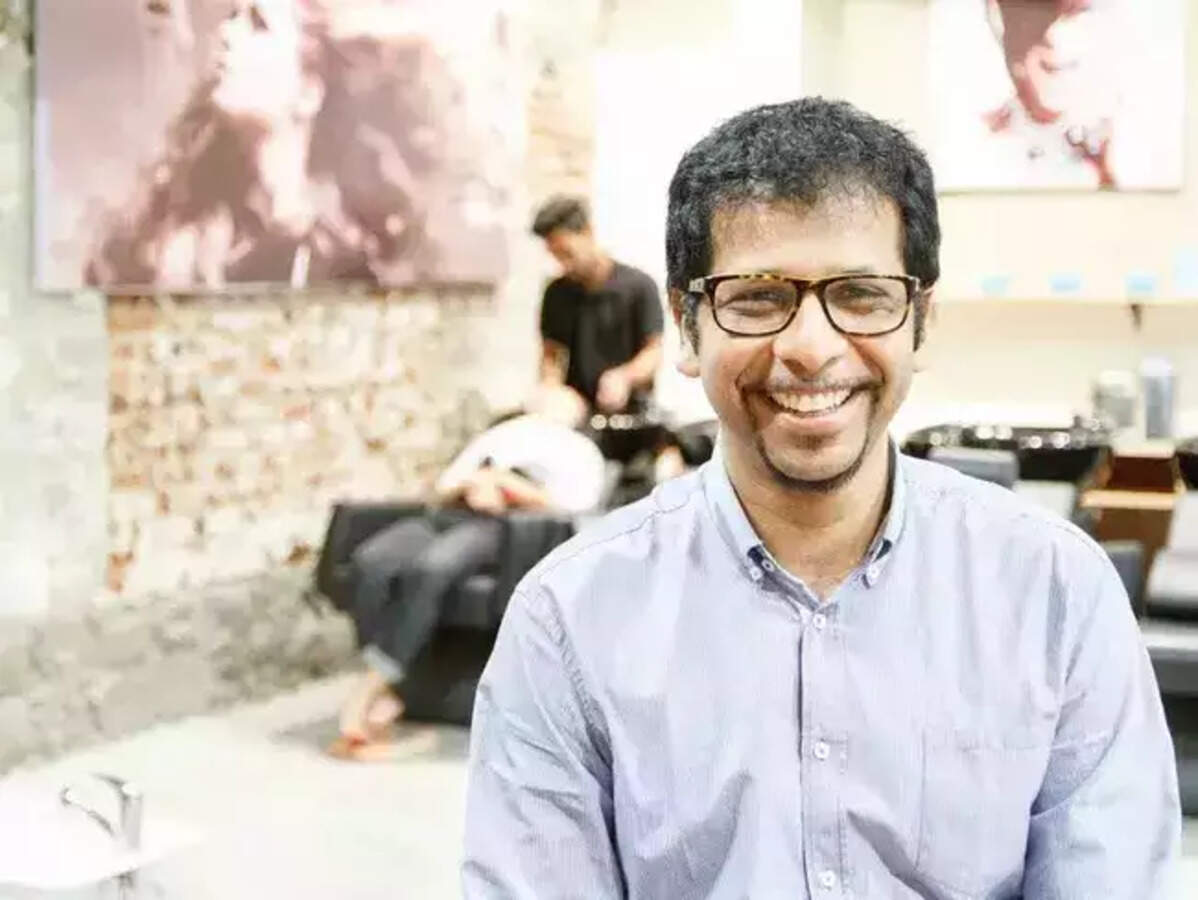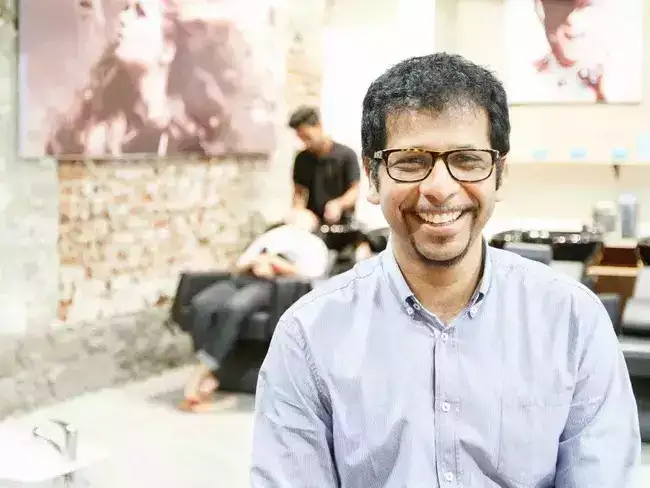This marks the end of the road for the so-called house-of-brands ecommerce conglomerate.
“Our lenders have decided to enforce their charge on the individual brands under the Good Glamm Group. What this means is that there will no longer be a group-wide solution which will allow all the brands to continue under a single umbrella,” Sanghvi wrote in his LinkedIn post. “Instead, the brands will be sold one by one and will operate individually instead of being under one umbrella and there will be new individual owners for each of the different brands.”
The development follows months of restructuring efforts by the company, including attempts at refinancing, partial brand sales, and strategic investments. However, Sanghvi said the group’s complex structure with multiple stakeholders, along with time constraints, made a unified resolution not possible.
Also Read: Good Glamm’s cash crunch: funding delays, unpaid salaries and a major business restructuring
Sanghvi acknowledged the impact on employees, vendors, partners, lenders, and shareholders, and said he is working closely with lenders and incoming buyers to facilitate transitions, clear dues, and secure placements for both current and former employees under the new brand owners.
He also made a personal financial pledge to cover pending employee dues in case lenders are unable to complete the brand sales or if the dues remain uncleared by the new owners. Sanghvi committed to contributing 25% of his future post-tax income from salary or equity gains in any future ventures towards settling outstanding employee payments.
Further, he announced plans to set up a Good Glamm Restitution Fund within the next 60 days. The fund, backed by equity from his future ventures, will be used to settle dues owed to vendors and compensate shareholders for their losses.
Founded as MyGlamm in 2017, the direct-to-consumer beauty company rebranded as The Good Glamm Group in 2021, transitioning into a house-of-brands platform. Around this time, it also acquired Priyanka Gill’s POPxo and Naiyya Saggi’s BabyChakra.
Amid the funding boom of 2021, Good Glamm, like many roll-up ecommerce startups, undertook an aggressive acquisition spree, often overpaying for brands that struggled to scale. While the deals aimed to build a content-to-commerce model, they placed a significant strain on the company’s finances as growth fell short of expectations.
In recent months, cracks have begun to show. Feminine hygiene brand Sirona and mother and baby care startup The Moms Co., along with Indian Angel Network (IAN) investors, issued default notices to Good Glamm over delayed payments last year. The company initiated arbitration proceedings against IAN, which were later resolved after it cleared pending acquisition payments.
In February, Good Glamm sold Sirona back to its original founders for about Rs 150 crore, well below the Rs 450 crore it paid earlier. In the same month, Good Glamm offloaded ScoopWhoop, a digital media firm, to meme marketing agency WLDD for around Rs 18-20 crore, a fraction of its 2021 acquisition cost of Rs 100 crore.
In January 2025, representatives from investors Accel, Prosus Ventures, and Bessemer Venture Partners resigned from the board of Good Glamm.
The company also witnessed a series of senior leadership exits. Sukhleen Aneja, CEO of The Good Brands (its D2C vertical), moved to omnichannel beauty and fashion platform Nykaa. Co-founder Priyanka Gill became a venture partner at Kalaari Capital and later launched lab-grown diamond brand Coluxe, while Naiyya Saggi started a new consumer electronics venture.




